Country Life Today: Sir David Attenborough's heartfelt call to arms
Scotland's natural crisis demands new laws, says David Attenborough, while we look at hornless cattle, terrible weather and the protests which shocked the world 50 years ago.


'Our systems and laws have failed the natural world'
If you read coverage of the 2019 State of Nature report — such as our piece yesterday — you'll be worried. Sir David Attenborough is worried too, and is demanding new laws.
'A wildlife-rich natural world is vital for our wellbeing and survival. We need wild places, to thrive. Yet many of our systems and laws have failed the natural world,' he said.
'We now live in one of the most nature depleted places on the planet... Now is the time to tell our politicians that we need a nature recovery network set in law...
'A legally binding network for nature would mean that wildlife is prioritised when managing our land and planning our towns.
'Powerful new environmental laws can ensure habitats are expanded and reconnected meaning all life will thrive once more.
'It’s time to turn things around. Nature is capable of extraordinary recovery but we must act now. Tell your politicians now is the time to put nature into recovery. Everything works better when it’s connected.'
Full story (The Scotsman /inews)
Sign up for the Country Life Newsletter
Exquisite houses, the beauty of Nature, and how to get the most from your life, straight to your inbox.
'Hornless cattle' bred by scientists
There's nothing new about farmers using selective breeding to encourage certain traits and features in their herds, and many believe that editing the genes of livestock is simply a way of speeding up the process. But does a genetically de-horned cow cross any sort of line?
UC Davis researchers produced the new, hornless animals using gene-editing technology in 2016, removing the need for farmers to physically de-horn cattle at an early age, saving pain and trauma for the animals. Now, the bulls they created have successfully bred, and passed the mutation on to all of their offspring — with all the animals normal and healthy in other respects.
'We’ve demonstrated that healthy hornless calves with only the intended edit can be produced,' said study author author Alison Van Eenennaam.
On This Day: Chicago's 'Day of Rage'

Today, the protests on the street are in London and Hong Kong. Half a century ago it was Chicago, which witnessed its 'Day of Rage' as activists protested the Vietnam War and the trial of fellow anti-war campaigners known as the Chicago Seven.
Vast Bronze Age city unearthed for first time in 5,000 years
Archaeologists in Israel have discovered the remains of an ancient city near a cemetery about 30 miles from Tel Aviv. Some 6,000 people are believed to have lived on the site — an enormous number by the standards of the time — which stretches across over 160 acres.
En Esur's size has seen researchers dub it the 'Bronze Age New York', describing it as 'a huge city – a megalopolis in relation to the Early Bronze Age, where thousands of inhabitants, who made their living from agriculture, lived and traded with different regions and even with different cultures and kingdoms in the area..
If you're waiting for better weather, don't hold your breath
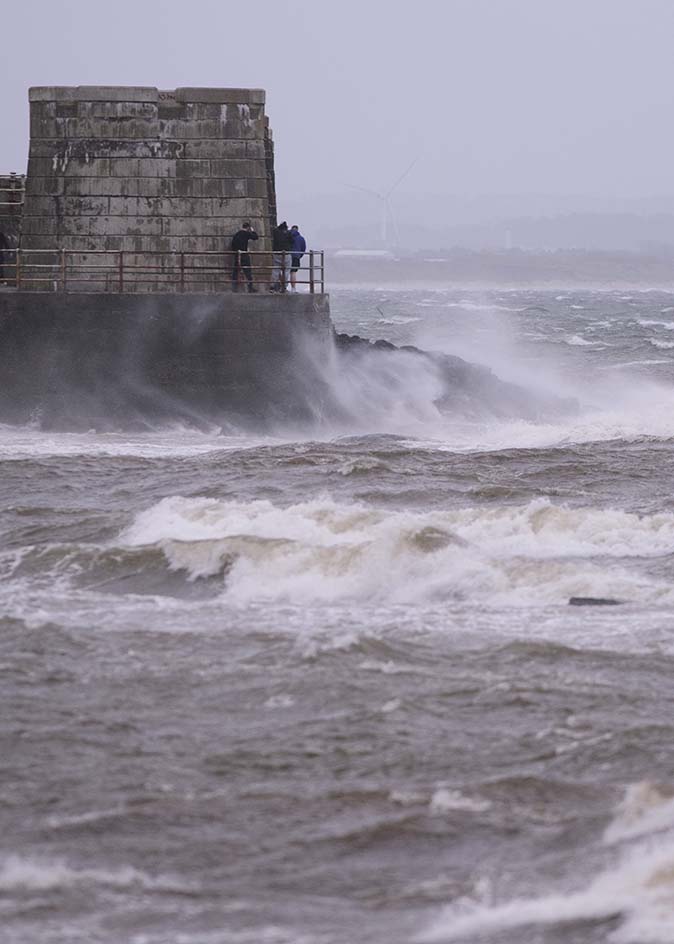
If you're still holding off from putting the heating on, perhaps in hopes that we might yet get an upturn before wintry weather settles in, hold off no more.
And finally... the most ridiculous headline of Brexit so far?
That's a big claim, of course, in an age when truth is stranger than even the most far-fetched political thriller. But the headline on this piece — from The London Economic — still had us picking up our jaws from off the floor.


Credit: Alamy Stock Photo
Country Life Today: The No-deal Brexit house price crash
Today we look at property in a post-Brexit world, plans to transform Inverness Castle into a culture space, the fierce
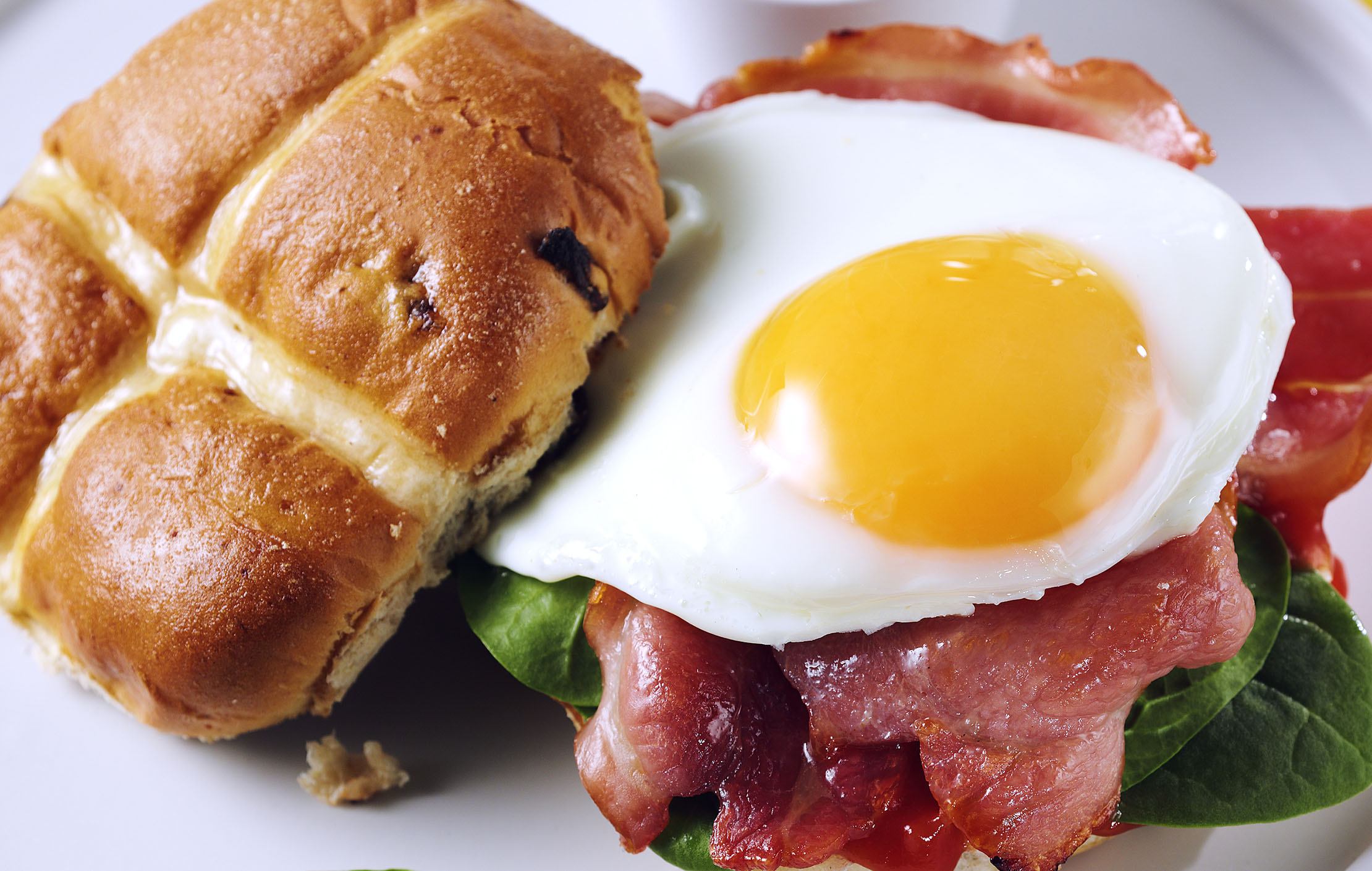
A hot cross bun recipe that will be even more divisive than the whole Brexit thing
Eggs, bacon, ketchup and hot cross buns in one recipe? It's either a sure sign of the apocalypse or else
Country Life is unlike any other magazine: the only glossy weekly on the newsstand and the only magazine that has been guest-edited by HRH The King not once, but twice. It is a celebration of modern rural life and all its diverse joys and pleasures — that was first published in Queen Victoria's Diamond Jubilee year. Our eclectic mixture of witty and informative content — from the most up-to-date property news and commentary and a coveted glimpse inside some of the UK's best houses and gardens, to gardening, the arts and interior design, written by experts in their field — still cannot be found in print or online, anywhere else.
-
 ‘It had the air of an ex-rental, and that’s putting it politely’: How an antique dealer transformed a run-down Georgian house in Chatham Dockyards
‘It had the air of an ex-rental, and that’s putting it politely’: How an antique dealer transformed a run-down Georgian house in Chatham DockyardsAn antique dealer with an eye for colour has rescued an 18th-century house from years of neglect with the help of the team at Mylands.
By Arabella Youens
-
 A home cinema, tasteful interiors and 65 acres of private parkland hidden in an unassuming lodge in Kent
A home cinema, tasteful interiors and 65 acres of private parkland hidden in an unassuming lodge in KentNorth Lodge near Tonbridge may seem relatively simple, but there is a lot more than what meets the eye.
By James Fisher
-
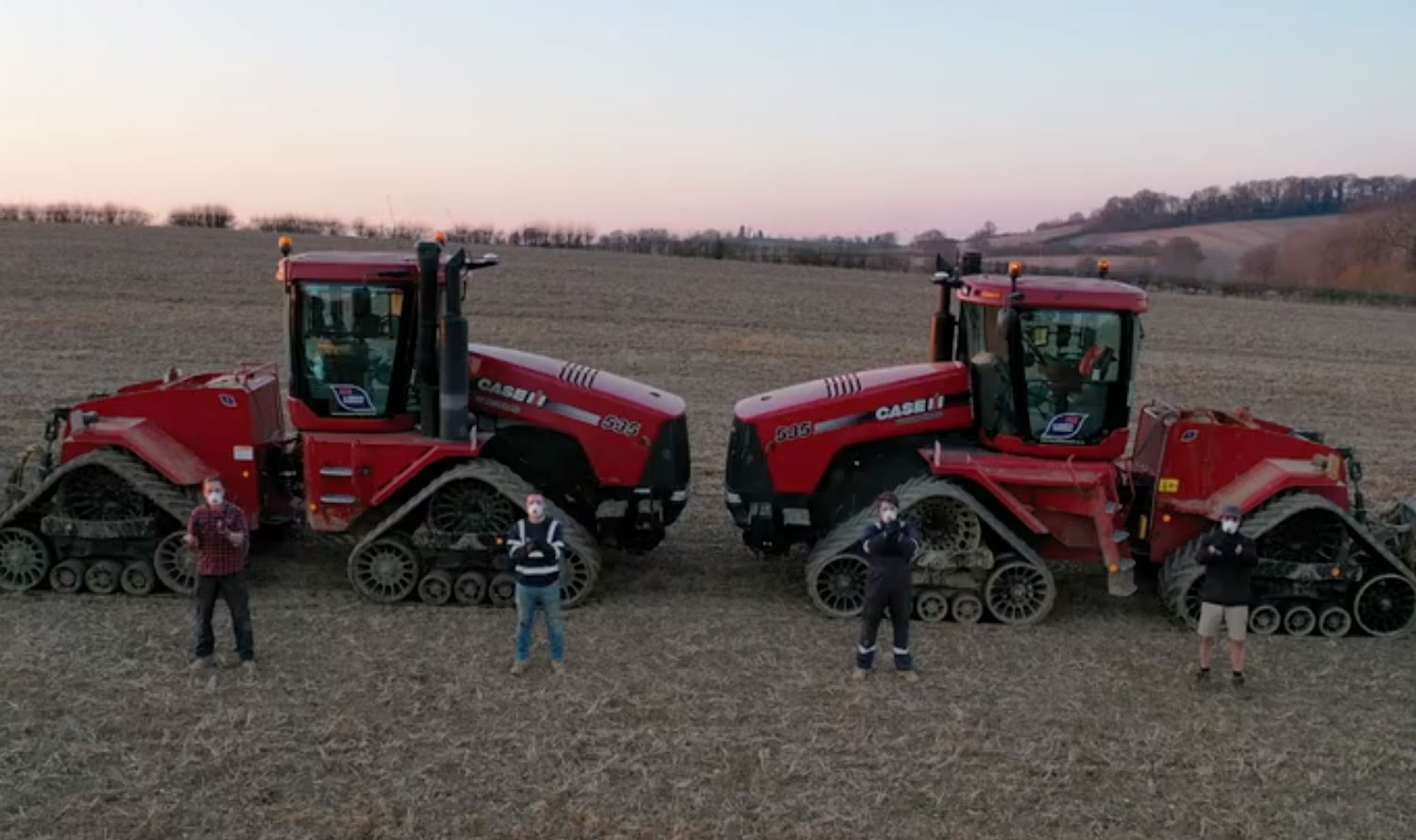 The brilliant tractor tribute to the NHS from a group of Warwickshire farmers
The brilliant tractor tribute to the NHS from a group of Warwickshire farmersPeople around Britain have been paying tribute to the efforts of our NHS workers at the time of the coronavirus pandemic — but few have been as creative and clever as this one.
By Toby Keel
-
 London's iconic red bus at risk and 6,000 year old chewing gum gives clues into our DNA history
London's iconic red bus at risk and 6,000 year old chewing gum gives clues into our DNA historyCuts to industry subsidies and an increase in fares has left bus use at its lowest point ever, while DNA extracted from ancient 'chewing gum' allows scientists to decipher the genetic code of a Stone Age woman.
By Alexandra Fraser
-
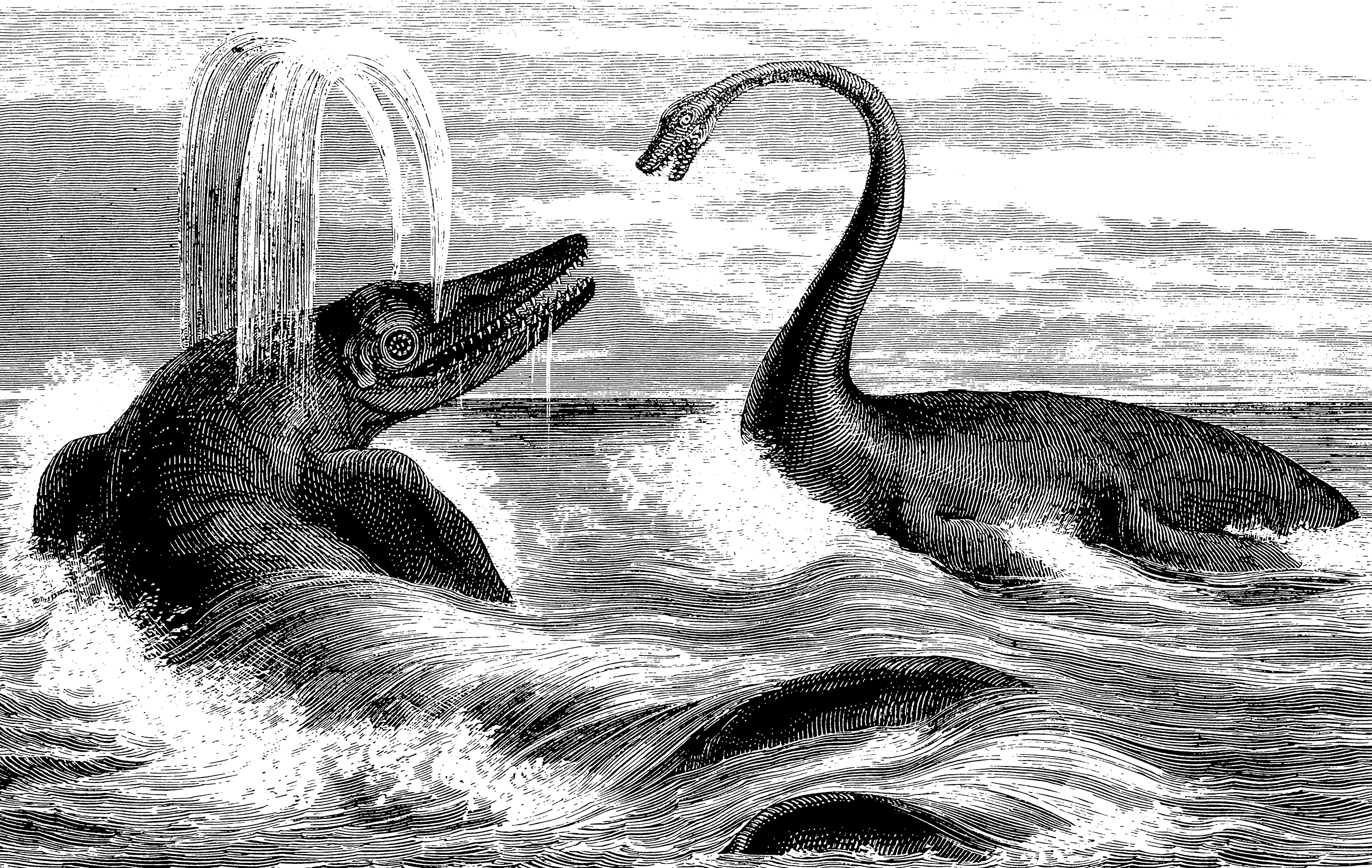 90-million-year-old 'swimming dinosaur' skeleton found by dogs out walking in Somerset, and the nonchalant moths who don't bother fleeing enemies
90-million-year-old 'swimming dinosaur' skeleton found by dogs out walking in Somerset, and the nonchalant moths who don't bother fleeing enemiesA superbly intact dinosaur skeleton — described as being 'museum quality' — has been discovered on a beach in Somerset.
By Toby Keel
-
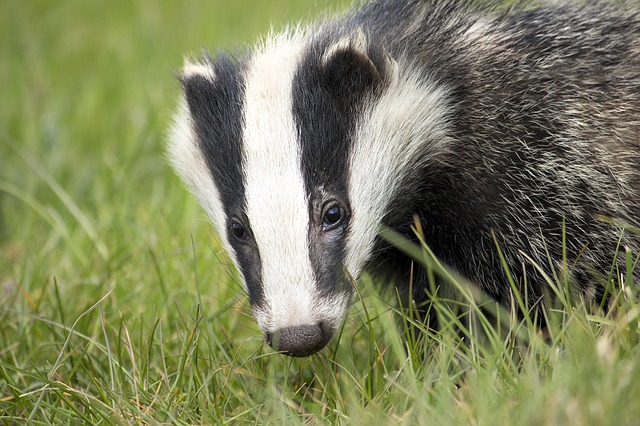 Battle to ban 4x4s from the idyllic Lake District spot bequeathed by Beatrix Potter, eagle fights octopus and the 'snail's pace' climate talks
Battle to ban 4x4s from the idyllic Lake District spot bequeathed by Beatrix Potter, eagle fights octopus and the 'snail's pace' climate talksThis morning we look at Little Langdale's fight for peace, reflect on the climate change talks in Madrid and discover the soundtrack for Brexit.
By Toby Keel
-
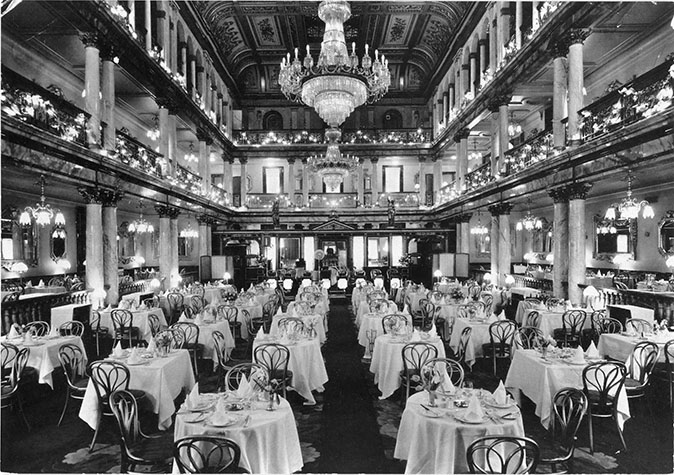 Country Life Today: How Greta Thunberg shifted the dial on climate change — and the backlash shows just how much
Country Life Today: How Greta Thunberg shifted the dial on climate change — and the backlash shows just how muchThis morning we ponder whether Greta Thunberg is the Joan of Arc for the environmental movement, look at a key election — one from 19 years ago — and ponder the marvel of 'dad tidying'.
By Toby Keel
-
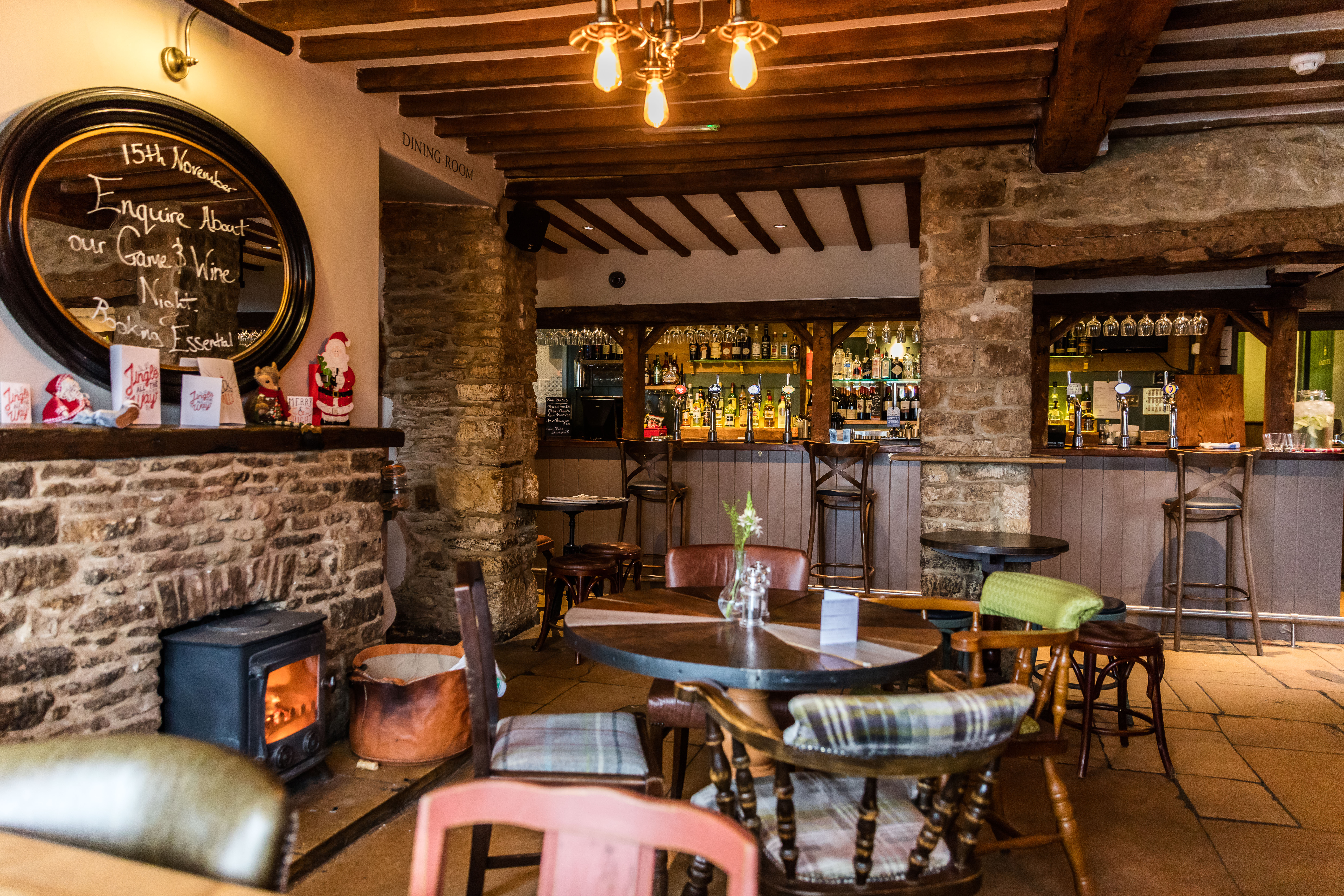 Country Life Today: Great news for those who love our great country pubs — the years of decline are over
Country Life Today: Great news for those who love our great country pubs — the years of decline are overThere is a great sign of health in the pub industry, we look back at Edward VIII's abdication message and fret about Greenland's melting ice.
By Toby Keel
-
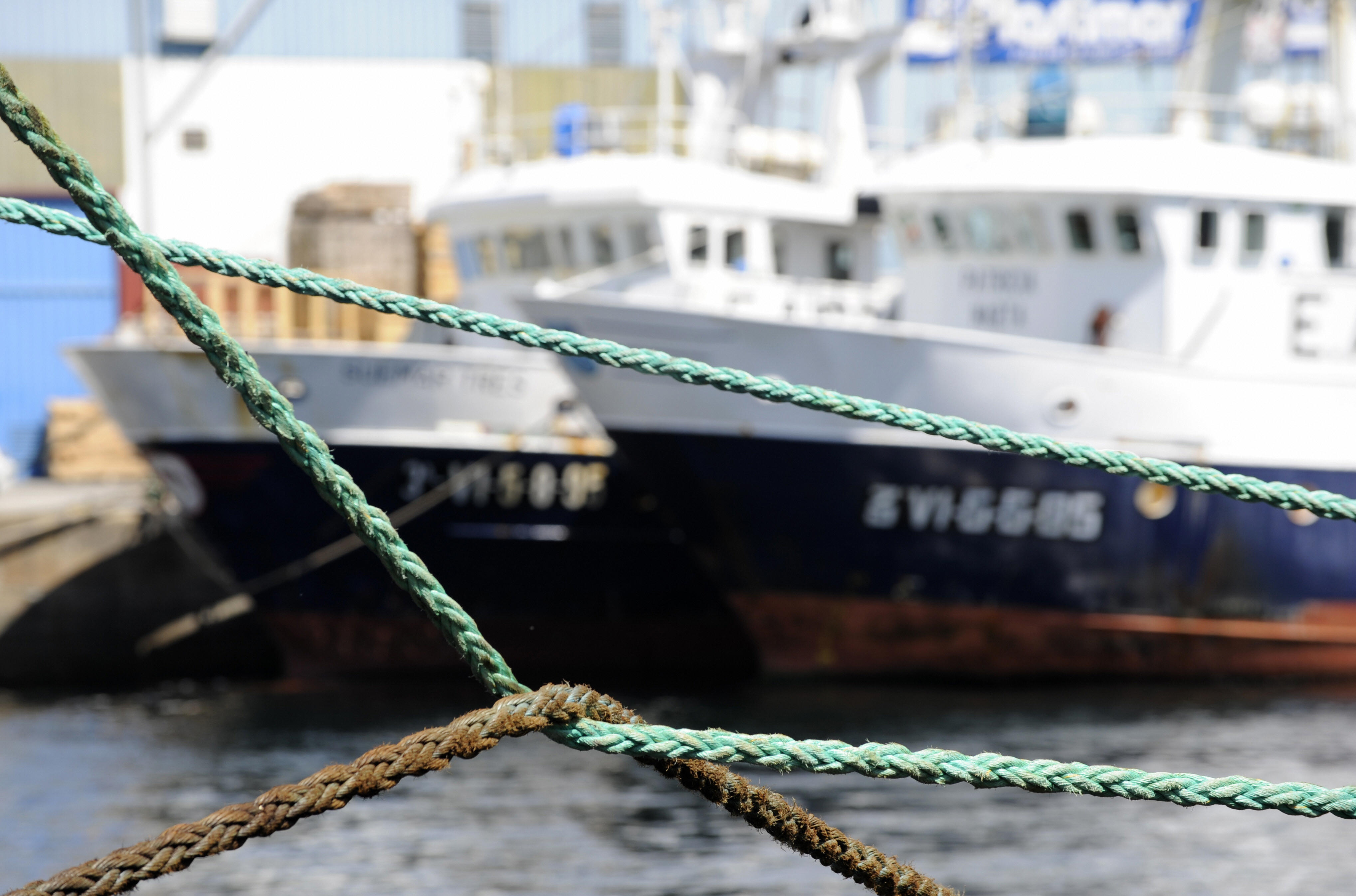 Country Life Today: Spain accused of being 'a deplorable choice' for UN climate conference
Country Life Today: Spain accused of being 'a deplorable choice' for UN climate conferenceA no-holds-barred assault on the Spanish fishing industry, Banksy raising awareness of the homeless and the woes of the Christmas jumper are in today's news round-up.
By Carla Passino
-
 Country Life Today: 'This is perhaps the ultimate wake-up call from the uncontrolled experiment humanity is unleashing on the world’s oceans'
Country Life Today: 'This is perhaps the ultimate wake-up call from the uncontrolled experiment humanity is unleashing on the world’s oceans'In today's round up, we examine why oxygen loss is putting oceans at risk, discover that action to cut air pollution brings almost immediate benefits to human health and find out which bird's arrival marks the start of winter in Gloucestershire.
By Carla Passino